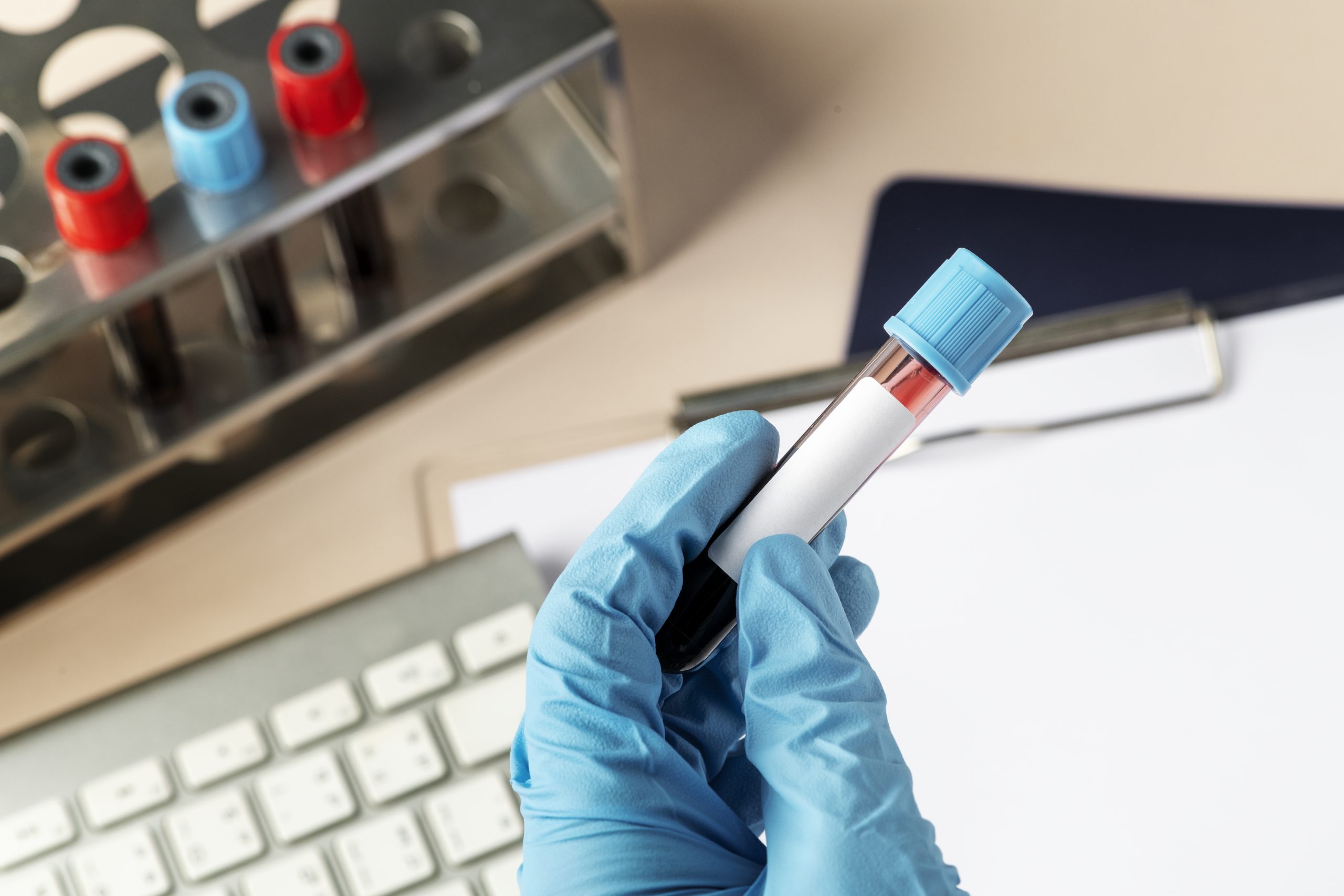 Peanut allergies are one of the most common types of allergies that affect people globally, with an estimated 1 in 200 people affected in some populations. Chances are you know someone with a peanut allergy or at least someone who knows someone else with a peanut allergy. Having a peanut allergy doesn’t just make eating out a bit harder, it can also affect the quality of the lives of people living with one, as exposure to even the tiniest traces of the nut can cause an allergic which can be life-threatening.
Peanut allergies are one of the most common types of allergies that affect people globally, with an estimated 1 in 200 people affected in some populations. Chances are you know someone with a peanut allergy or at least someone who knows someone else with a peanut allergy. Having a peanut allergy doesn’t just make eating out a bit harder, it can also affect the quality of the lives of people living with one, as exposure to even the tiniest traces of the nut can cause an allergic which can be life-threatening.
But things could get a bit easier for victims as research on a potential peanut allergy treatment is currently in the final stages of review by the US Food and Drug Administration (FDA). The results were presented at the American College of Allergy, Asthma and Immunology (ACAAI) Annual Scientific Meeting on Monday and were also published in the New England Journal of Medicine.
The study
Researchers aimed to assess whether exposing the participants the equivalent of one peanut a day for nine to 12 months would increase their tolerance. The participants all had peanut allergies and were aged between four and 55 with most being four to 17-years-old. Two-thirds of the participants were given a peanut powder treatment and the remaining one-third received a placebo. The treatment group was given the powder in increased doses until reaching the equivalent of one peanut a day. This dose was prescribed until the study concluded, also known as the “maintenance dose”.
The treatment was administered as part of what is called an oral food challenge (OFC). During an OFC, a tiny amount of the allergy-causing food is given to the patient orally under the supervision of a board-certified allergist who will look out for severe reactions. At the end of the study, reactions shown in OFCs appeared to be much milder in participants who were given the treatment. This is because they were found to be able to tolerate 100 times the dose of peanut they were given at the beginning of the study; much better than the tiny dose they were given at the beginning.
The side effects reported in this study were also fewer than expected. For instance, fewer participants had reactions severe enough to require the administration of an epinephrine (the ingredient used in EpiPen injections) and only six per cent were unable to complete the trial because of unpleasant gastrointestinal effects. Plus, a third of participants completed the study experiencing only mild side effects during that period.
By the end of the study, 80 per cent of the participants were able to reach the maintenance dose.
Allergist Jay Lieberman called these results a “breakthrough” but also said that they don’t mean that patients on this treatment will be able to eat peanuts whenever they want. He did say, however, that this treatment could protect people who are accidentally exposed to them.
But there’s a catch – if this treatment is approved, it will only be available by prescription and patients will only benefit from the protection it gives as long as they’re on it. It is hoped that this treatment would be available in the second half of 2019.
Sources:
1. https://www.sciencedaily.com/releases/2018/11/181119064147.htm
2. https://www.news-medical.net/health/Peanut-Allergy-Prevalence.aspx
By Tesneem Ayoub






Leave A Comment
You must be logged in to post a comment.